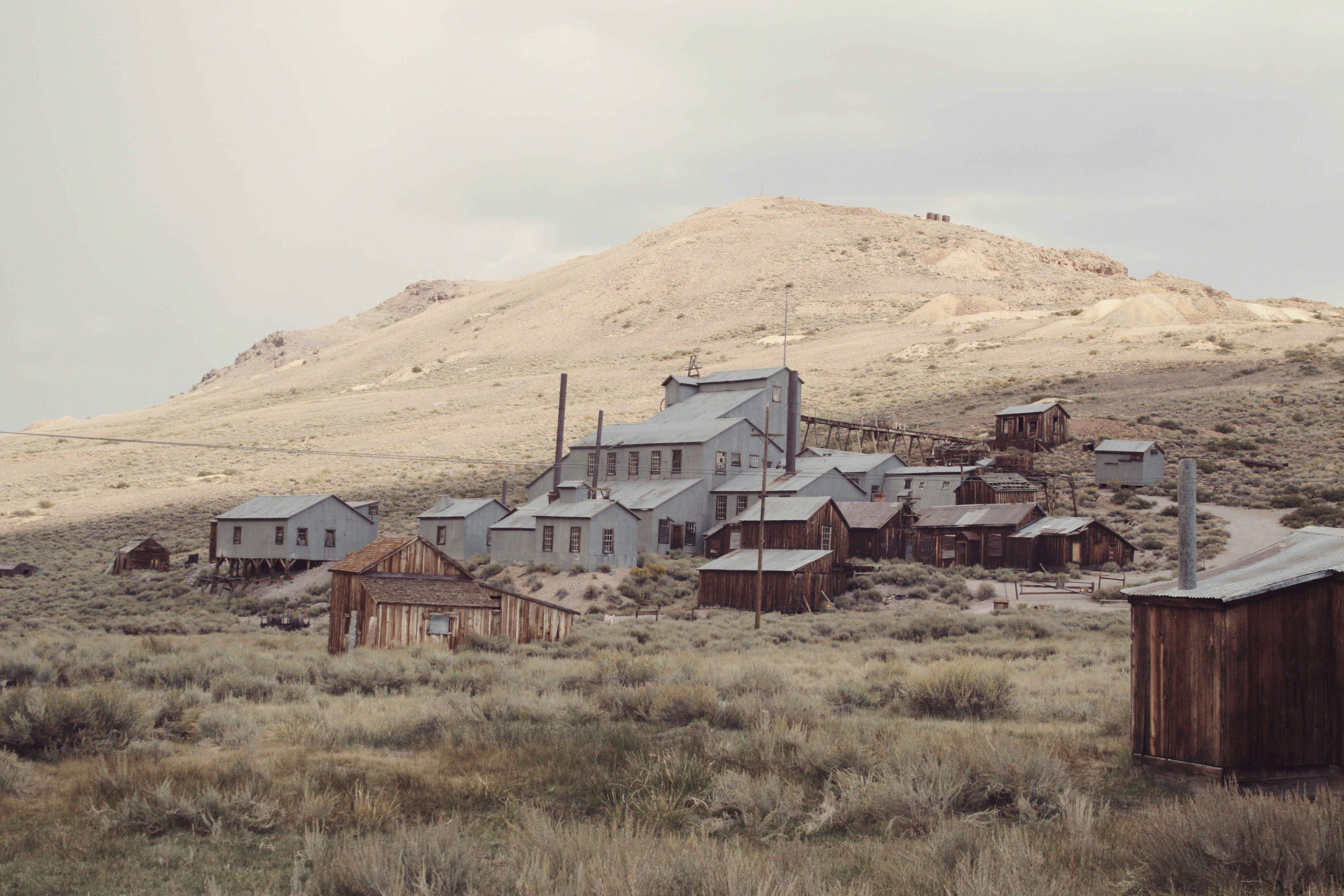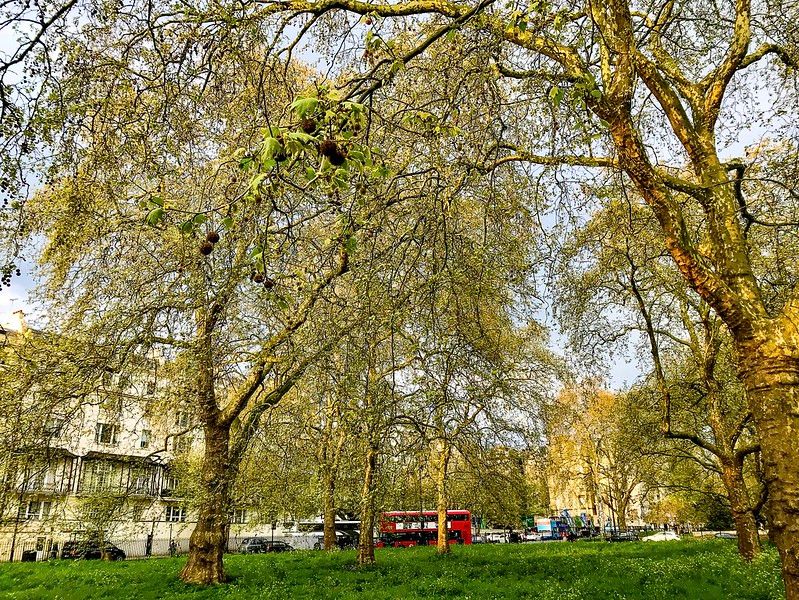
Imagine unearthing a long-lost coin or a hidden relic with your metal detector—buried treasures are waiting to be found, and the thrill is closer than you think! Metal detecting has surged in popularity, and it’s no wonder why: this exciting hobby fuses the rush of adventure with a deep dive into history, plus the chance to pocket some seriously cool rewards.
Whether you’re a newbie swinging a detector for the first time or a seasoned treasure hunter chasing your next big find, there’s something magical about the beep that signals a discovery. In this post, I’m spilling the beans on the best places to find treasure with your metal detector, delivering a handpicked list of the top 10 spots worldwide. You’ll get expert insights, practical tips to boost your success, and trustworthy recommendations you can count on—all served up with a hefty dose of enthusiasm. Let’s dig into the adventure together!
There’s nothing quite like the buzz of metal detecting—each sweep of your coil could uncover a piece of history waiting to tell its story. It’s a hobby that lets you step into the shoes of an explorer, peeling back layers of the past with every find, whether it’s a weathered coin from centuries ago or a relic that sparks your imagination. Beyond the thrill of discovery, there’s the occasional jaw-dropping moment when you stumble across something valuable—think gold rings or rare artifacts—that makes your heart race. What’s even better? Modern metal detectors have leveled the playing field. With user-friendly tech and features like adjustable sensitivity, they’re perfect for beginners just starting out, yet powerful enough to keep seasoned hunters hooked on the chase. It’s a passion that connects you to the world in a way few hobbies can.
So, what turns a patch of dirt into a bona fide treasure hunting location? It boils down to a few key ingredients: historical significance, human activity, and natural preservation. Places where people lived, worked, or fought—like old battlefields or bustling trade routes—are metal detecting hotspots because they’re littered with lost or forgotten items. The more history a spot has, the better your odds of striking gold (sometimes literally!). Then there’s human activity—think crowded fairs or busy crossroads where coins and trinkets slipped through fingers over time. Finally, natural preservation seals the deal: areas untouched by modern development or shielded by nature keep those treasures intact, just waiting for you to find them. Stick with me, and I’ll show you the top treasure hunting locations that check all these boxes!

Picture yourself wandering through the eerie silence of an old ghost town in the Western U.S., where the Gold Rush once roared with life. These abandoned settlements are pure gold for metal detector enthusiasts—literally and figuratively—packed with relics from a bygone era. You might unearth coins minted in the 1800s, rusty tools left by miners, or even delicate jewelry dropped in the hustle of frontier life. Want to up your game? Research iconic spots like Bodie, California, but always double-check local permissions before you start swinging. Metal detecting in ghost towns is a treasure hunter’s dream, blending history with the thrill of the find.
.jpg)
Step onto the hallowed grounds of Civil War battlefields in the Eastern U.S., and you’re walking where history was forged in fire. These sites are a magnet for detectorists, littered with artifacts from soldiers who camped, clashed, and moved on. Think musket balls, uniform buttons, or—if luck’s on your side—rare military relics that could make any history buff jealous. The key? Stick to legal, public-access areas and honor preservation laws to keep this hobby ethical. Metal detecting Civil War sites offers a front-row seat to the past, one beep at a time.
Florida’s Treasure Coast isn’t just a catchy name—it’s a shipwreck hunter’s paradise, thanks to the 1715 Spanish fleet that met its watery end here. With every wave, these beaches tease out treasures like gold coins, ornate jewelry, and fragments of sunken ships, making them some of the best places to find treasure with your metal detector. Time your hunt for after a storm when the ocean churns up fresh loot, and you could be holding a piece of pirate-era history. Treasure Coast metal detecting is as thrilling as it gets—bring sunscreen and a sense of adventure!
.jpg)
Across the pond, the U.K.’s medieval fairgrounds are a treasure trove frozen in time. For centuries, these lively gathering spots saw merchants, revelers, and travelers drop coins, buckles, and quirky trinkets into the soil—perfect for today’s detectorists. You could uncover an ancient silver penny or a decorative clasp that whispers tales of old England. My advice? Join a local metal detecting club to snag insider access and tips from seasoned pros. Metal detecting UK historic sites is your ticket to unearthing medieval magic.
 (1).jpg)
The Midwest’s old farm fields might look sleepy now, but they were once buzzing with settlers carving out a life. That makes them prime real estate for metal detecting old farms, where you might dig up coins from early America, farming tools, or even household odds and ends lost to time. Always ask the landowner for permission—trust me, it’s worth it—and focus your search along field edges where activity was heaviest. These quiet patches of earth are hiding stories just waiting for you to uncover.
.jpg)
Argh, matey! The Caribbean’s pirate haunts are dripping with swashbuckling lore, and they’re some of the wildest metal detecting pirate treasure spots around. From the 17th century, infamous rogues left behind doubloons, ship fittings, and maybe even a chest’s worth of loot (we can dream, right?). Lesser-known islands like Tortuga offer fewer crowds and untapped potential—do your homework to pinpoint the best beaches. This is treasure hunting with a pirate’s swagger, so grab your detector and channel your inner Blackbeard!

Don’t overlook public parks—they’re sneaky metal detecting in parks goldmines with decades (or centuries) of foot traffic. People picnicking, playing, or just passing through have dropped coins, jewelry, and vintage tokens that are now yours for the finding. Zero in on old picnic areas or worn pathways where stuff tends to slip away unnoticed. These spots are accessible and packed with potential, proving you don’t need a far-flung expedition to score big—just a sharp eye and a steady swing.
 (1).jpeg)
Australia’s Gold Rush rivers are still whispering tales of fortune, and they’re prime territory for metal detecting Australian goldfields. These historic waterways once teemed with miners, leaving behind gold nuggets and relics like picks or pans. The trick is using a detector built for mineralized soil—those pesky rocks can throw off weaker machines. Hit the banks where water meets land, and you might just snag a shiny souvenir from the 19th-century rush. It’s rugged, rewarding, and pure Aussie adventure.
.jpg)
Europe’s Roman roads and settlements are like an ancient treasure map for detectorists. These arteries of the Roman Empire, trodden for centuries, are scattered with coins, brooches, and artifacts that scream antiquity. Metal detecting Roman sites could land you a silver denarius or a decorative pin—talk about a history lesson! Study archaeological maps to pinpoint high-traffic zones, because the Romans didn’t mess around with their infrastructure. This is where patience meets payoff in a big way.
.jpg)
Once bustling hubs of travel and trade, abandoned railroad stops around the globe are now quiet jackpots for metal detecting abandoned railroads. Travelers and workers dropped coins, tools, and bits of railroad memorabilia that time forgot—until you come along. Focus your search near old platforms or depots where people lingered, and you’ll be amazed at what turns up. These forgotten waypoints blend nostalgia with discovery, making every find feel like a ticket to the past.
Ready to hit the jackpot on your treasure hunts? It all starts with picking the best metal detectors for treasure hunting—and trust me, the right gear makes a world of difference. Look for features tailored to your favorite spots: a deep-seeking model for old fields or battlegrounds, or one with top-notch discrimination to filter out junk on busy beaches. Beginners might love a lightweight option with preset modes, while pros can go for adjustable sensitivity to tackle tricky terrains like mineral-heavy rivers. Match your detector to the adventure, and you’ll be unearthing goodies faster than you can say "beep!"
Here’s the golden rule of treasure hunting: always play by the book. Legal and ethical metal detecting isn’t just about avoiding trouble—it’s about respecting the history we’re privileged to explore. Before you swing, check if you need permits (public lands often do), and never skip getting landowner consent on private property—it’s a trust thing. Historical sites deserve extra care, so stick to approved areas and leave no trace. Want to dive deeper? Reputable resources like your local government’s land-use pages or the National Metal Detecting Code of Ethics have your back. Doing it right builds credibility and keeps this hobby alive for everyone.
Want to hunt like a pro? These metal detecting tips for beginners will turbocharge your success. Start with grid searching—walk in straight lines to cover every inch systematically; it’s a game-changer for big areas. When you get a hit, dig carefully with a small trowel to preserve your find (and the ground)—no one likes a mangled coin. Bonus tip: keep a log of what you uncover, where, and when. Not only does it add historical value, but it also helps you spot patterns for future hunts. With the right tools and a sharp technique, you’re not just digging—you’re mastering the art of discovery!
The adventure’s calling—why wait? Grab your metal detector, pick a spot from our list of the top treasure hunting spots with a metal detector, and uncover history one beep at a time! Whether it’s the ghostly streets of an old Western town or the sandy shores of the Treasure Coast, every location we’ve shared is brimming with potential. I’ve been swinging a detector for over a decade, teaming up with historians to pinpoint the best haunts, so you’re getting battle-tested advice you can trust. Now it’s your turn—get out there and make your own epic finds!
1. Do I need a permit to metal detect at these locations?
It depends! Public spots like parks or beaches might require a permit, while private land needs landowner permission. Always check local rules before you dig—staying legal keeps the fun going!
2. What’s the best metal detector for beginners?
We have a list of the best metal detectors for beginners here. You can check it out!
3. Can I keep everything I find with my metal detector?
Not always. Valuable or historical finds might belong to the landowner or government, especially on protected sites. Research laws in your area to avoid surprises.
4. When’s the best time to go treasure hunting?
After storms or in early mornings—fewer crowds and fresher finds! For beaches like the Treasure Coast, post-storm waves are your golden ticket.
5. How do I avoid damaging historical sites?
Dig carefully with a small trowel, fill your holes, and stick to approved areas. Respecting the past ensures these spots stay open for future hunters like you!